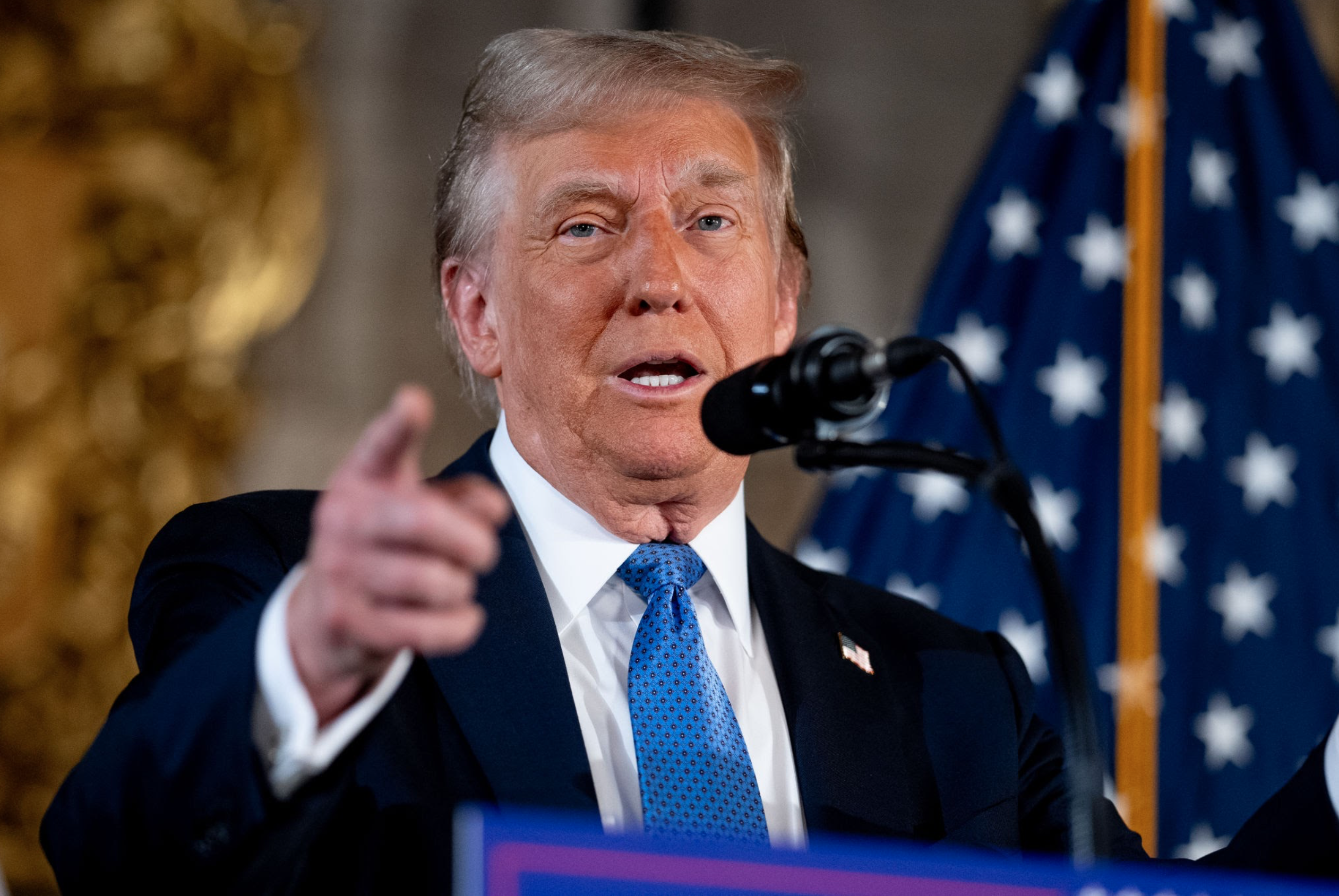
The United States Trade Representative (USTR) has sharply criticized Nigeria’s import ban on 25 categories of goods, calling the policy a major barrier to trade that disadvantages American businesses, sparking a cold trade war. The rebuke comes just weeks after the Biden administration imposed new 14% tariffs on select Nigerian imports—a move seen as retaliation against Nigeria’s protectionist measures.
Trade War Brewing? U.S. Pushes Back Against Nigeria’s Import Controls
In a strongly worded statement posted on X (formerly Twitter), the USTR argued that Nigeria’s import restrictions—which cover agricultural products, pharmaceuticals, beverages, and consumer goods—are unfairly limiting market access for U.S. exporters.
“Nigeria’s import ban on 25 product categories directly impacts American businesses, particularly in agriculture, pharmaceuticals, and consumer goods,” the agency stated. “Restrictions on beef, pork, poultry, fruit juices, medicines, and alcoholic beverages create unnecessary trade barriers, costing U.S. companies millions in lost revenue.”
Nigeria’s Import Ban: Protectionism or Necessary Policy?

Nigeria first introduced the restrictions in 2016 under former President Muhammadu Buhari, aiming to curb foreign dependency and boost local production. The banned items include:
- Poultry, pork, and beef (to protect local livestock farmers)
- Refined vegetable oil and sugar (to encourage domestic processing)
- Spaghetti, beer, and cocoa products (to promote Nigerian-made alternatives)
- Certain medicines (to stimulate local pharmaceutical manufacturing)
The policy has been controversial, with critics arguing that it fuels smuggling, inflates prices, and limits consumer choice, while supporters claim it safeguards local industries from foreign competition.
Solar Panels Now in the Crosshairs of US Trade War
The trade dispute escalated in March 2025, when Nigeria’s Federal Government announced plans to ban solar panel imports—a move intended to boost domestic clean energy manufacturing but one that could further strain U.S.-Nigeria trade relations. See Why Does Sun-Rich Africa Have Less Than 2% of the World’s Solar Panels?
What’s Next?
With the USTR now publicly challenging Nigeria’s trade policies, analysts warn of a potential tit-for-tat tariff war, which could hurt both economies. While Nigeria defends its restrictions as vital for industrial growth, the U.S. insists they violate fair trade principles.
Key Questions:
- Will Nigeria reconsider its import bans under U.S. pressure?
- Could retaliatory tariffs harm Nigerian exporters?
- Is local manufacturing strong enough to replace banned imports?
One thing is clear: This trade war is far from over.
- The Death of Fish Magnet and Why Kidnapping Continues to Thrive in Nigeria - August 2, 2025
- The Fall of Intelligence - July 10, 2025
- UK to Tighten Visa Rules for Nigerians and Pakistanis Due to Overstaying Concerns - May 7, 2025
Discover more from TruthPost
Subscribe to get the latest posts sent to your email.






